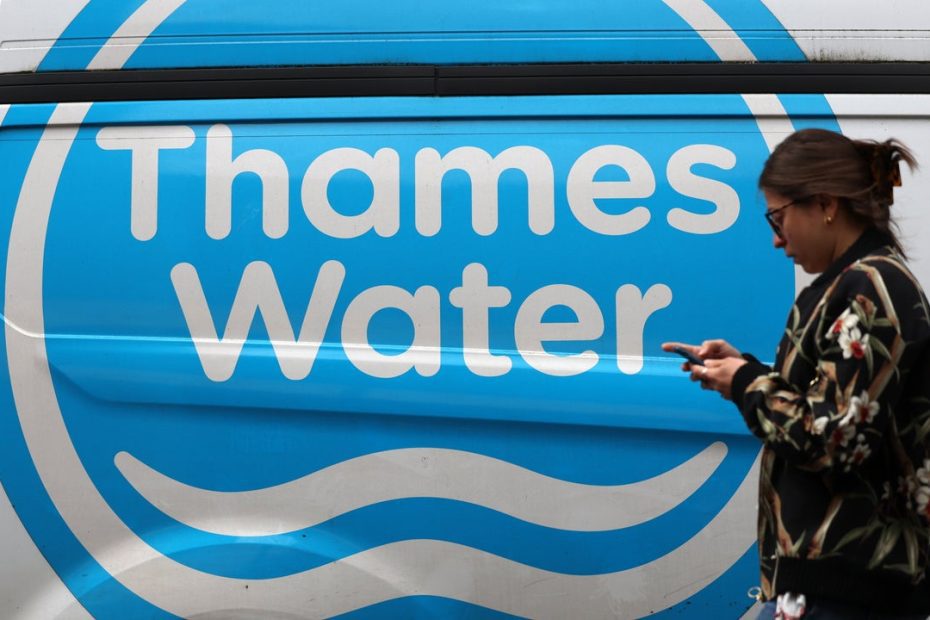Water companies are asking for an even higher increase in bills than they requested earlier this year – with one company demanding an 84 percent increase.
According to the latest requests, the average bill for customers in England and Wales would increase by 40 percent between now and 2030, to £615 per year.
Utilities, including the beleaguered Thames Water, have applied to regulator Ofwat to increase tariffs so they can upgrade their networks, often after years of underinvestment.
The increases will also lead to higher energy costs, as pumping water across the country requires a lot of energy, as does treating sewage. Energy costs represent approximately one-tenth of the costs of water companies.
Southern Water wants bills to rise the most on current prices, at 84 per cent, while Thames Water is asking for a 53 per cent increase. Only one company, Wessex Water, is not demanding higher bills than first requested.
Downing Street said that “no one wants to see a situation where water bills rise” but emphasized that Ofwat was independent of the government as a regulator.
The Conservatives accused ministers of planning to give in to price rises.
Shadow Environment Secretary Steve Barclay said: “Before the election Labor said they would crack down on water bosses, but now they are giving in to their demands to increase consumer bills.”
Earlier this year, businesses asked Ofwat for invoices averaging £585 by 2030, an increase of around a third on the current average of £439.
In its draft price review in July, the regulator scaled back these requests to an average of £535. But now, after a consultation period, 10 of the 11 water companies have hit back with even higher requests than before.
Since privatization in 1989 by the then Conservative government, many water companies have been accused of underinvesting and paying high dividends to their new owners and shareholders.
Thames Water is receiving special attention because of its precarious financial position. It is teetering on the edge of the abyss and trying to raise money from its investors.
The company has £15 billion in debt and is in discussions with 90 creditors who hold around two-thirds of those loans.
The companies have also been criticized for the amount of raw sewage dumped into rivers and the sea.
The companies can release sewage when there is a lot of rain to prevent flooding, but these emissions have increased in frequency and led to more beaches being closed.
The Environment Agency has warned against swimming at 24 locations in Britain due to the drop in water quality, warning of the risk of illness for those who do.

